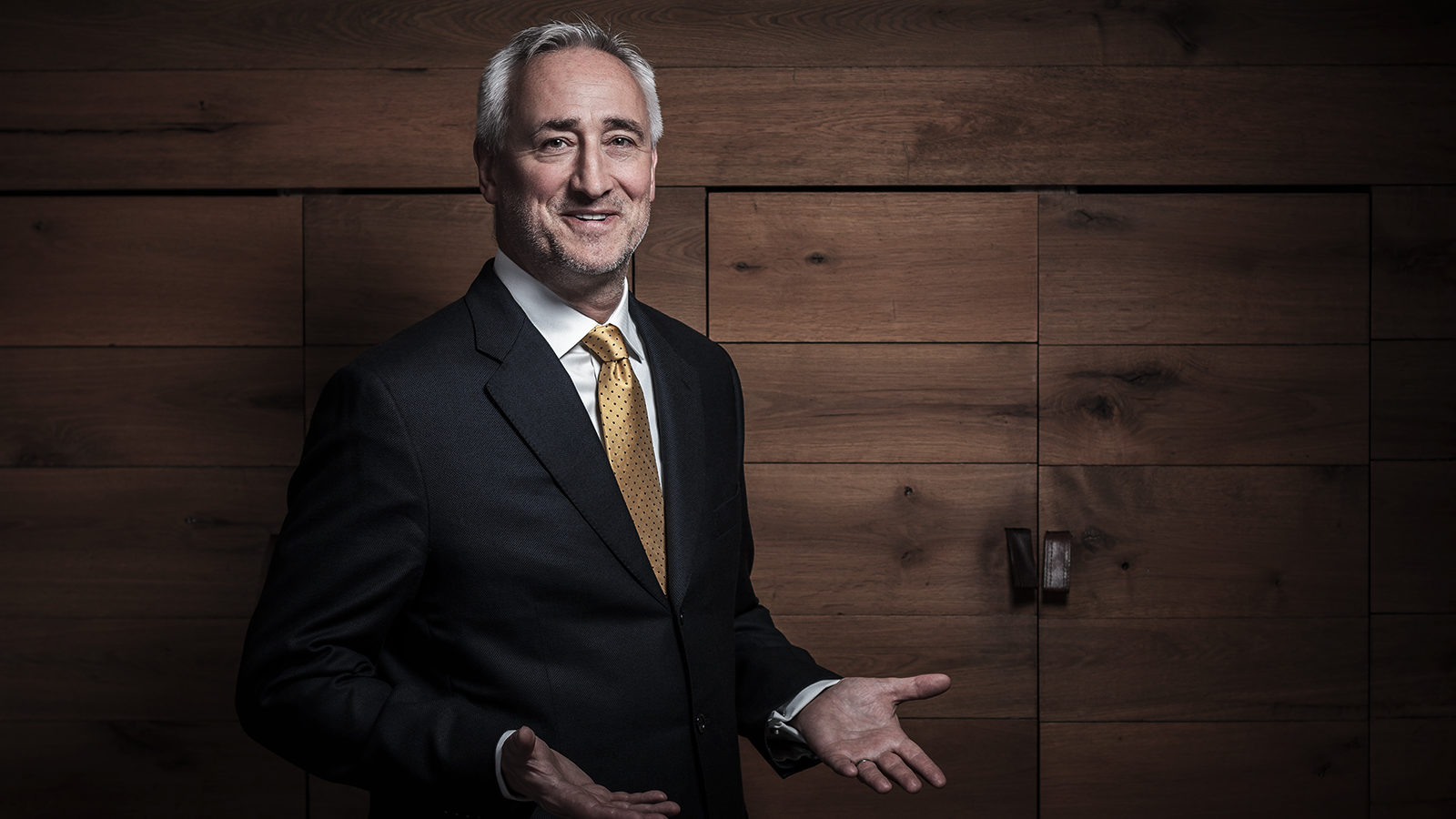1. For large corporations with a unique culture and a proven track record in grooming leaders, an internal candidate is often the ideal choice.
Large companies that have mastered developing internal leaders and have a particular culture (such as GE or Apple) find quite often the best candidates inside. Thus, it will be no surprise to see Apple place an internal candidate at the helm of its communications function, although the company has said that it will be considering both internal and external candidates to take over the position.
Preferring an internal hire is a faster, and usually less risky, way of filling an executive position. One avoids the oft-lengthy preparation and subsequent administration of an external executive search process. Furthermore, an internal hire mitigates the risk that the chosen candidate fails to fit the internal environment and adopt a specific corporate culture. Numerous expert studies support the argument in favor of internal mobility. In the one neatly dubbed „Paying More to Get Less: The Effects of External Hiring Versus Internal Mobility“, the author, Matthew Bidwell of Wharton School at the University of Pennsylvania, concludes that externally selected managers earn more than internally promoted managers — although those internally promoted have shown significantly better performance than those hired externally, and they also less frequently, whether voluntarily or involuntarily, leave their management positions:
„I find that workers promoted to jobs have significantly better performance than workers hired into similar jobs for the first two years, and lower rates of voluntary and involuntary exit. Nonetheless, the external hires are initially paid around 18 percent more than the promoted workers and have higher levels of experience and education.“
2. The pursuit of a change agenda, a new business opening or an expansion to new markets speaks powerfully in favor of external candidates even at established corporations
When entering a new business, expanding into new markets or in general pursuing a change agenda, even established corporations are considering, or should consider, primarily external candidates. Internal candidates may be too dependent on the established practices or overly tied by the straitjacket of quite often artificial internal constraints, and thus insufficiently assertive in promoting a change. The right external candidate will approach the role from a new perspective, tapping into his expertise and unique experience, and bring new skills and fresh air into the job.
To give an example from our recent executive search practice: Coca-Cola Hellenic Bottling Company, pursuing its growth vision and expanding across product lines, has selected a high-caliber external candidate, Marek Skysľak, as the new Chief Commercial Officer for the Czech Republic and Slovakia. Marek previously served as Managing Director of Procter & Gamble for the Czech Republic and Slovakia. The search, considering a vast pool of candidates, was led by our company, Bubenik Partners.
„I am extremely proud that we have been able to recruit a senior manager and a capable leader such as Marek for our team. I believe that our growth will accelerate thanks to his experience and ability to lead,“ said Maria Anargyrou-Nikolić, CEO of Coca-Cola HBC Czech Republic and Slovakia.
3. Best is to choose from a wide variety of internal and external candidates
External selection, usually led by a specialist executive search advisor such as Bubenik Partners, typically takes several months. The advisor and many stakeholders on the client side need to establish close cooperation and strike a true partnership based on mutual trust to succeed in the search endeavor. Taking into account a well-balanced, broad mix of candidates is a prerequisite for making the right decision to fill a crucial executive position. Only then the best can be identified, interviewed, and assessed, whether they are already working in the company or coming from the outside.
The still valid Center for Creative Leadership research study entitled „Executive Selection: A Research Report on What Works and What Doesn’t“ makes a blunt conclusion:
„The search process should include a wide variety of candidates, including internals and externals, to ensure that you are not missing a good choice.“
The effort to promote the best possible choice based on a sufficiently broad and systematic selection of candidates from both inside and outside of the client firm is also reflected in the way a reputable executive search firm constructs its fee. Our fees at Bubenik Partners are also totally independent of whether the candidate who is ultimately nominated and selected for the role is internal or external.

